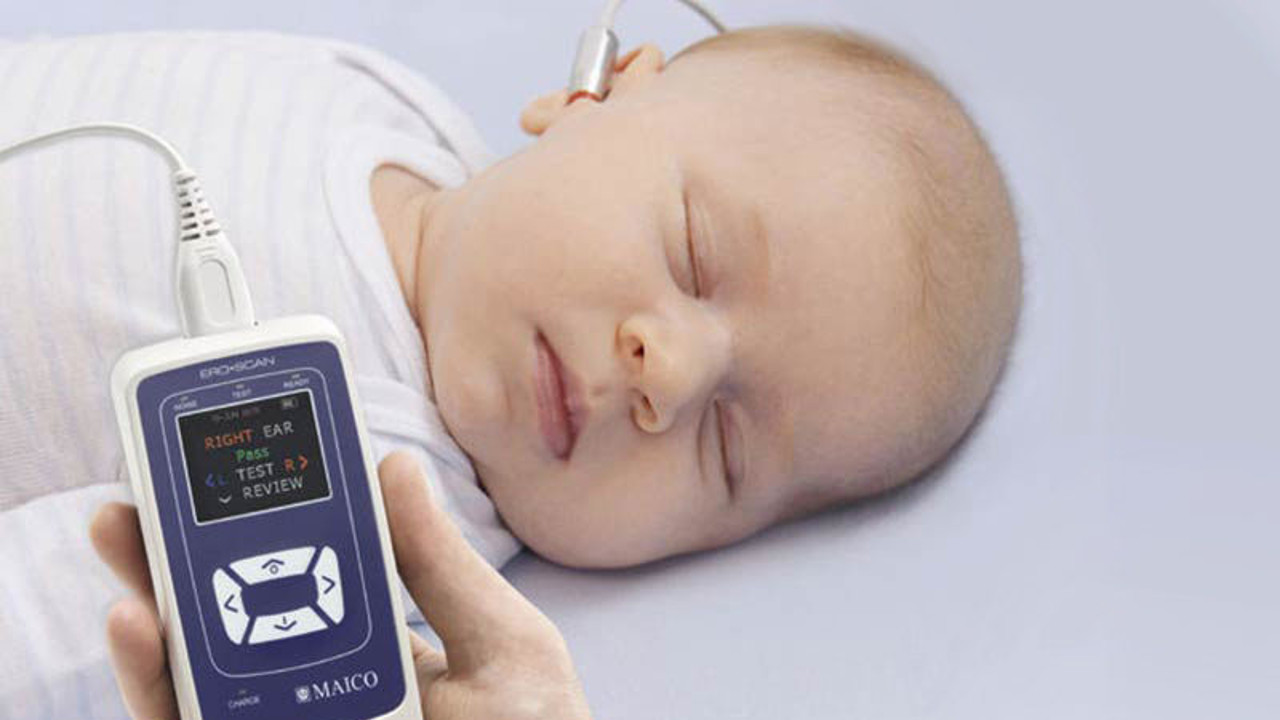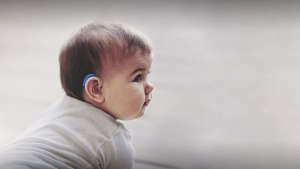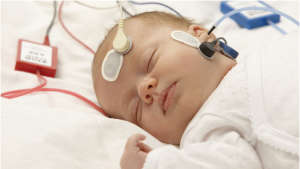Newborn Hearing Screening

Back in 2007 when I gave birth to Johann, there was this new procedure to screen newborns to test for a range of diseases and hearing loss. It wasn't standard then but we are grateful that we had it done for Johann. I believe now in 2017 its standard procedure for most hospitals. Even before we were discharged, Johann was 'referred' to repeat his hearing test at three months old.
We didn't know what that meant. If you are first time parents and your child has been 'referred' to repeat a hearing test of course it will bother you. But arming yourself with information will help you calm your nerves down.

What is a newborn hearing test?
Basically it is a test to determine congenital hearing loss in newborns, more formally called Otoacoustic Emission screening or OAE. What they do is to make sure baby is asleep soundly and not moving at all, then they put rubber pads/plugs in place. A non invasive device measures otoacoustic emissions from the inner ear if present or not present. They give only a 'Pass' or 'Refer' rating. 'Pass' means your baby's hearing is okay, 'Refer' means you need further tests to diagnose.
Usually babies with underdeveloped inner ears will be referred at first but when they repeat the procedure at 3-months old they pass. This happened to my second child (what a relief!) If they continue to have a 'Refer' rating, more hearing tests will be recommended as soon as you can. This is what happened to Johann.
With early diagnosis, experts can recommend early intervention to babies before 6mos of age to avoid any delay in their development. That's why despite feeling sad and lost during that time, we felt we needed to move fast to give Johann as much fighting chance as we can.
If you are a parent with a newborn who was 'referred' in your OAE by your ENT, don't fret. The OAE isn't the end of the road to really say if your baby has hearing loss. There will be other tests. But know that we highly recommend to move on to the next test as soon as possible. It can make a big difference with your child's hearing journey.



